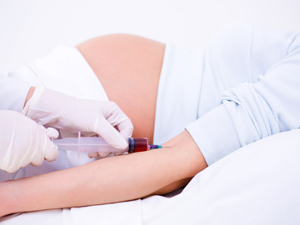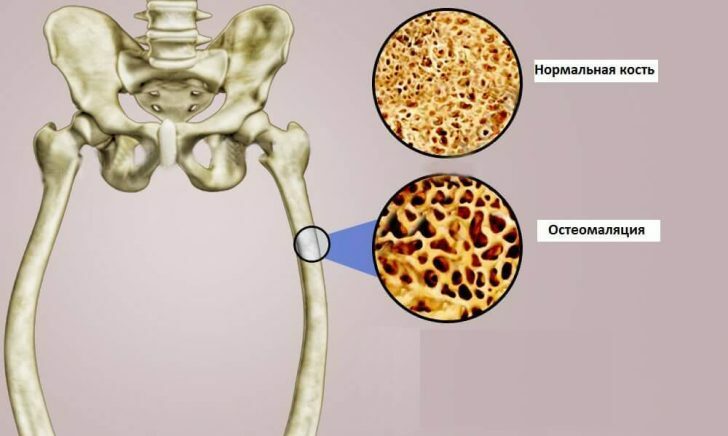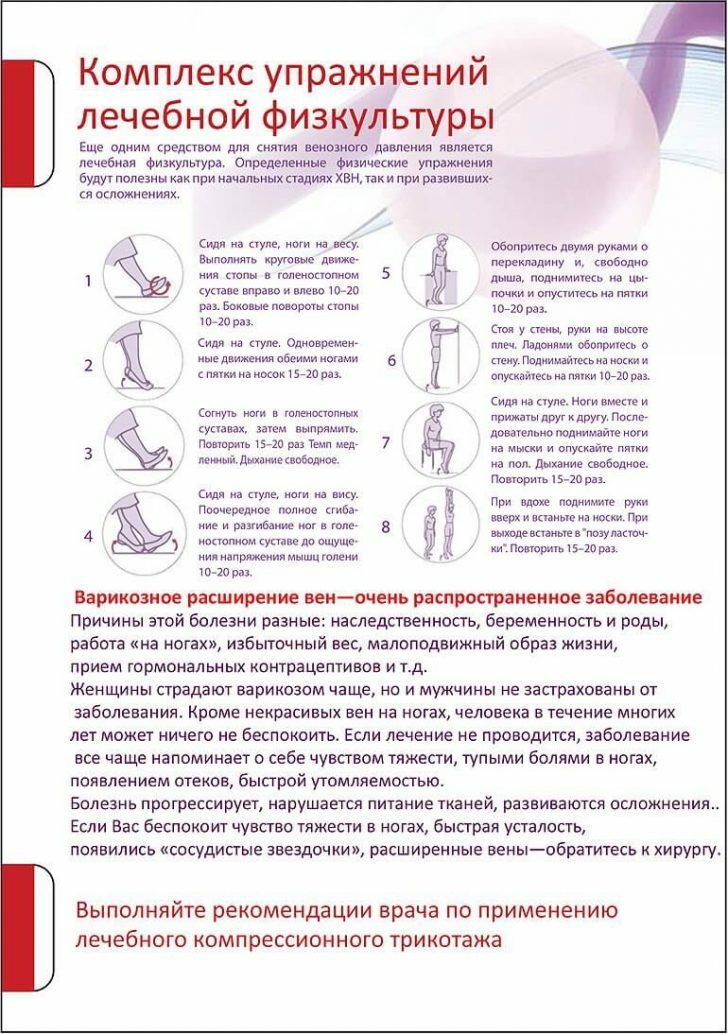Progesterone in pregnancy: rates and signs of abnormality

Progesterone is called the main hormone of pregnancy, because it provides all the conditions for healthy development of the fetus, as well as the preparation of the future mother's organism for the forthcoming labor.It is produced by the adrenal and ovaries, and later by the placenta.Disorders of hormonal balance can most adversely affect the course of pregnancy and even lead to its interruption or cause the development of severe malformations in the child.To prevent this, every woman should know what is the norm of progesterone during pregnancy by weeks.
Table of contents: Progesterone value for the pregnant woman's body Progesterone blood test Progesterone norm during pregnancy Signs and consequences of decreased or increased progesteroneProgesterone value for the pregnant woman's body
Progesterone in early pregnancy plays a crucial role in the body of the expectant mother, Since he prepares the uterus for a long gestation of the fetus.
This hormone has a significant effect on the following physiological processes.It is responsible for:
-
 attachment to the uterine wall of a fertilized egg;
attachment to the uterine wall of a fertilized egg; - preparation of the immune system of the future mother for the adoption of a protein containing the genetic structures of the partner, thus preventing rejection of the fetal egg;
- preparation of the endometrium to fix the fetal egg( especially important in the first weeks of pregnancy), as well as the preparation of other organs and systems of the female body for fetal bearing and forthcoming labor;
- stimulation of physiological growth of the uterus;
- preventing premature contraction of the uterine muscles;
- effect on pelvic muscle;
- preparation of mammary glands to lactation;
- control of the nervous system;
- formation of fat deposits necessary to provide the fetus with nutrients.
In addition, progesterone is directly involved in the formation of certain embryonic tissues.
Blood test for progesterone
 Progesterone in pregnancy is determined by laboratory blood counts using the immunofluorescence method.Indications for the appointment of such an analysis may be pain in the lower abdomen in pregnant women, the appearance of brown secretions from the genital tract.Those women, whose pregnancy is normal, to undergo the study is recommended only in the second trimester.
Progesterone in pregnancy is determined by laboratory blood counts using the immunofluorescence method.Indications for the appointment of such an analysis may be pain in the lower abdomen in pregnant women, the appearance of brown secretions from the genital tract.Those women, whose pregnancy is normal, to undergo the study is recommended only in the second trimester.
Blood donation is desirable in the morning on an empty stomach or at least six hours after eating.48 hours before the scheduled study, hormone and other medications should be withdrawn, stress and nerve strain should be avoided.It is allowed to drink non-carbonated water before analysis.
Progesterone norm during pregnancy
When carrying out a laboratory blood test for the level of progesterone, you can accurately determine the duration of pregnancy.But in modern clinical practice, such a study is usually not appointed, if there are no deviations.If there are suspicions of hormonal imbalance, the woman gives an analysis, the results of which are then compared with the rates of the norm.
The rate of progesterone in pregnancy increases with each week.
At different times it is:
- 1-6 week - 38,15-69 nMol / l;
- 7-14 week - 64,8-127 nMol / l;
- 15-24 week - 124-247.1 nMol / l;
- 25-33 week - 197-402.8 nMol / l;
- 34-40 week -381.4-546 nMol / l.
Please note: norms may differ in each of the laboratories, therefore, you should orient yourself first of all on the reference values specified in the letterhead of the specific laboratory.
Some laboratories indicate norms in other units - ng / ml. In this case, the progesterone rates for the weeks of pregnancy will be as follows:
- 1st trimester: 11.2 - 90.0 ng / ml;
- 2nd trimester: 25,6 - 89,4 ng / ml;
- 3 trimester: 48.4 - 422.5 ng / ml.
It should be borne in mind that many factors can influence the change in the concentration of the hormone.The main ones include the use of medications, in particular - hormonal drugs.Thus, the results of the analysis are significantly different in healthy women and patients who are forced to take drugs to maintain pregnancy( for example, Dyufaston).
Signs and effects of decreased or increased progesterone

Low progesterone in pregnancy is a direct threat of miscarriage.
Also, this condition can lead to other severe consequences, among which a special place is occupied by:
- delay in intrauterine fetal development;
- deficiency of the function of the yellow body, placenta;
- bleeding;
- fetal repetition, posing a threat to his health due to a shortage of nutrients;
- birth of a child with a low body weight, pathologies of internal organs.
Important! A woman can independently suspect the appearance of vaginal dryness, emotional lability, pressure drop, the appearance of unwanted pigmentation on the skin, a tendency to flatulence and constipation, pulling pains in the lower abdomen.On ultrasound, a specialist can see signs of placental peeling.
If in the course of laboratory studies it turns out that there is not enough progesterone, appropriate medication is prescribed.As a rule, medicinal hormonal preparations are shown, which are synthetic analogues of the hormone under consideration( Dufaston, Utrozhestan, etc.).Similar medications are prescribed for women in the early stages of the threat of miscarriage.
 In the opposite situation, when progesterone is elevated during pregnancy, there is also a serious cause for concern.This condition indicates that there are any deviations in the development of the placenta.Women can suffer from headaches, heartburn, small bleeding from the genital tract, nausea.Some patients show an increase in the uterus above the norm.To adjust the hormonal background with increased progesterone, the physician selects individual therapy aimed at eliminating the underlying cause of the pathological condition.
In the opposite situation, when progesterone is elevated during pregnancy, there is also a serious cause for concern.This condition indicates that there are any deviations in the development of the placenta.Women can suffer from headaches, heartburn, small bleeding from the genital tract, nausea.Some patients show an increase in the uterus above the norm.To adjust the hormonal background with increased progesterone, the physician selects individual therapy aimed at eliminating the underlying cause of the pathological condition.
Note: progesterone has a direct effect on the condition of the expectant mother.At the first signs of its deficiency or overabundance, we recommend not to postpone the visit to the doctor.
After the course of treatment throughout the term of pregnancy, it will be necessary to periodically take a control analysis.In addition, pregnant women need to observe the regime of the day, fully rest, eat right.It will help to bear and give birth to a healthy child.
For more information on the role of progesterone in pregnancy, and the advisability of prescribing progesterone preparations, you will receive by reviewing this video review of :
Chumachenko Olga, medical reviewer



